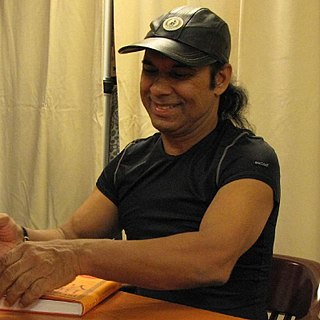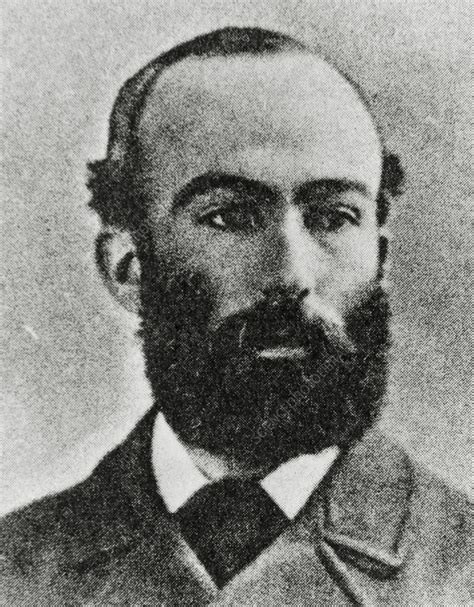A Quote by John Key
I read a review on the Herald, it says it takes 40 minutes to get to the first sex session apparently and the whole movie only contains 11 minutes of forbidden fruit.
Related Quotes
My audience is comprised of three categories. The first category contains the people who decide after the first five minutes that they've made a mistake and leave. The second category is the people who give the film a chance and leave annoyed after 40 minutes. The third category includes the people that watch the whole film and return to see it again. If I'm able to persuade 33% of the audience to stay, then I can say that I've succeeded.
If you have 15 minutes per visit, and you spend the first 9 minutes just collecting information from them, before you do anything else, you know half of your visit is gone already. So if you have an automated system that has most of that and, and in some cases I actually have patients complete questionnaires before they come in, so I'd gotten most of the information I need to ask about, already recorded, instead of having 9 minutes I can take 3 minutes to review all this information.
I had an interesting day. I was in the studio with a group of musicians, who shall remain nameless, and I said to them "Our exercise today is not to use 'undo' at all. So, there's no second takes. Or, if you do a second take, you have to do the whole take. There's no sort of drop in, change that little bit". The session broke down in, I'd say, 40 minutes. It was impossible for people to work in that restriction any longer.
Every movie that I do, if you analyze the stories, you can notice that in each story, that within the movie after the first 15 minutes, it could fall apart. Or every 10 minutes it has the chance that you lose the thread. On the other hand, if you succeed in putting them together, then the movie looks spontaneous and more like cinema.
The first cut I do is usually between five and 10 minutes shorter then the cut that we release. Anything I think isn't working or might not work, I don't even put it in the director's cut. And usually it's the studio suggesting I put stuff back in, as opposed to studios saying, "You got to lose 40 minutes," they are always saying, "You've got to gain five minutes."


































